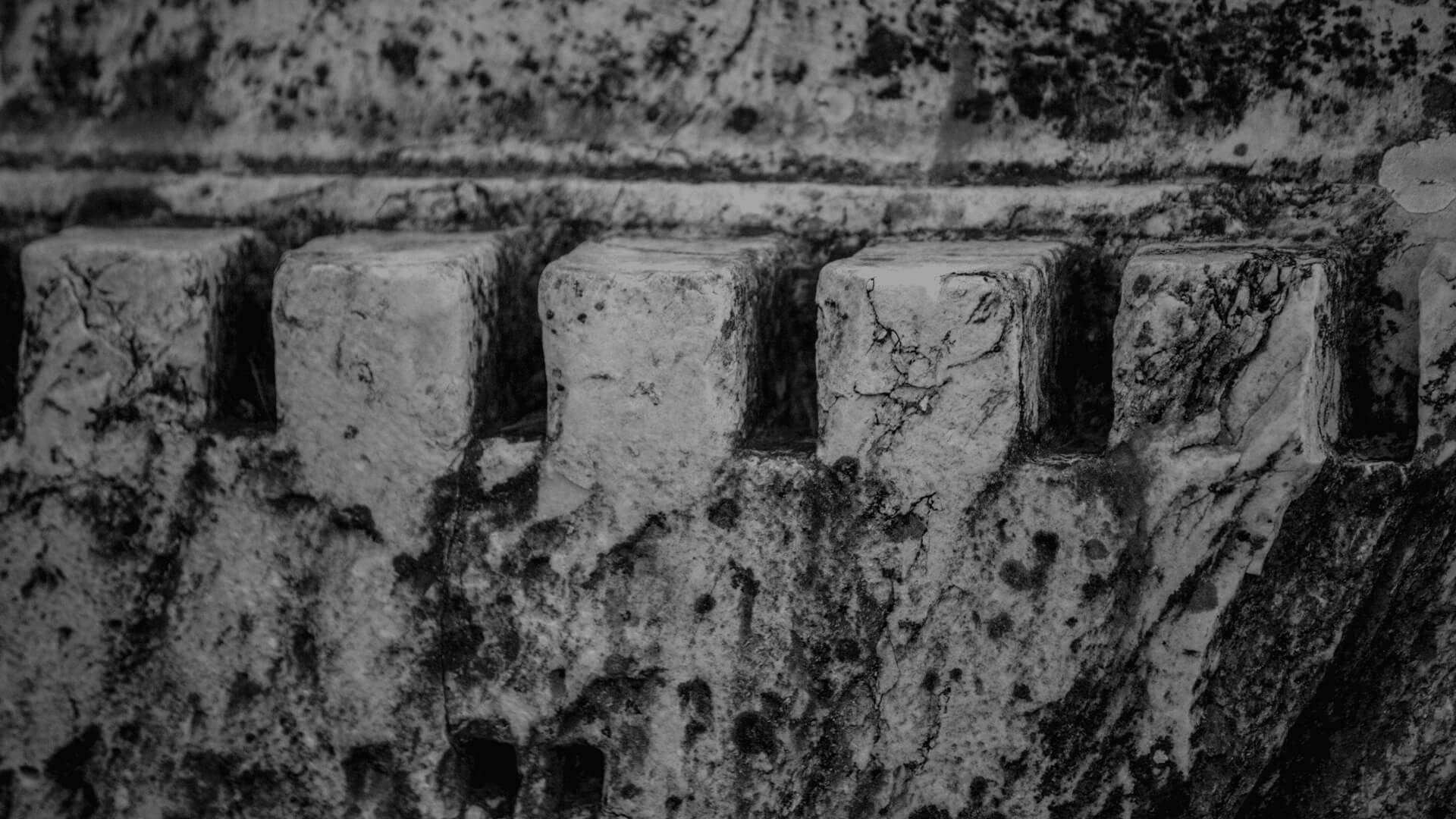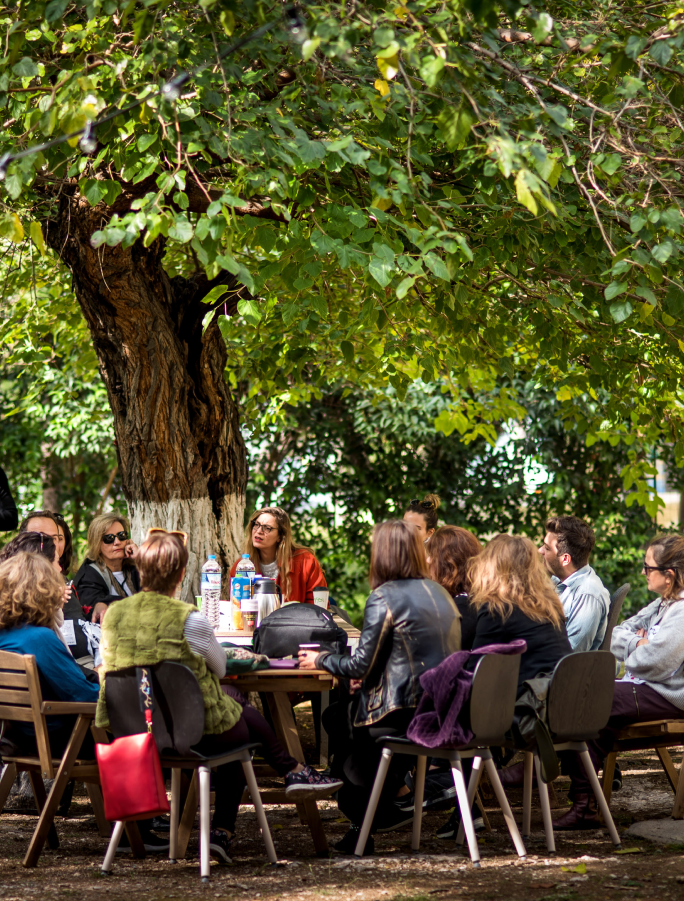The ancient Eleusinian ritual of Mesosporitissa is now registered in Greece’s National Intangible Cultural Heritage Index by decision of the Greece’s Ministry of Culture and Sports
In the archeological site of Eleusis, exactly where the Eleusinian Mysteries took place in antiquity, on the eve of the Virgin Mary’s Feast Day, on November 20, the solemn Vespers is sung, in the post-Byzantine church of Panagitsa, which adorns the sacred hill. After the Orthodox worship service, the pilgrims share the semi-sweet bread and taste the “polyspores”, the offer of panspermia from legumes, wheat, pomegranate, raisins and petimezi to the Virgin Mary.
The Mesosporitissa ritual, named after the specific period of the year, in the half of the sowing, reveals that the locals attributed to the Virgin Mary the role of the Goddess Demeter (Mother Earth), connecting the two historical periods of the city.

Greece’s national Intangible Cultural Heritage index, the implementation in Greece of the Convention for the Safeguarding of the Intangible Cultural Heritage by UNESCO (2003), reflects aspects of Greek popular expression, creativity and collective identity. The inclusion of Mesosporitissa in it is a special honor for the city of Eleusis and a great success for the local Folklore Association “Adrachti” which successfully took the initiative to submit the file to the Greece’s Ministry of Culture and Sports, so that the ancient ritual of Mesosporitissa is between Greece’s National Intangible Cultural Heritage Index, as well as UNESCO Intangible Cultural Heritage lists.

The local Folklore Association “Adrachti” is also the one that undertakes the revival of the ritual of offering the “polyspores” since 2002 keeping its spirit alive.

More Information:
https://www.culture.gov.gr/el/Information/SitePages/view.aspx?nID=3410


